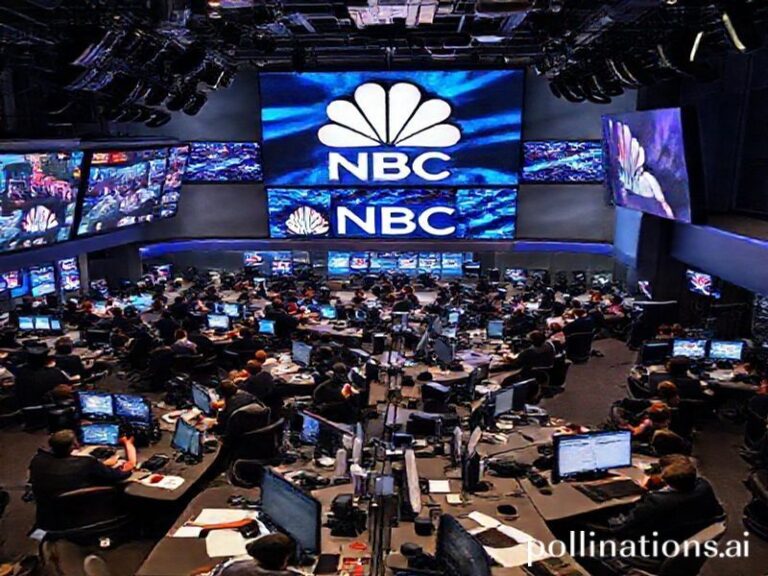Luxembourg vs. Germany: The Internet Speed War That’s Got the World Talking
# **Luxembourg vs. Germany: The Battle for Internet Supremacy (And Our Attention)**
In the grand theater of the internet, where memes are born and trends are made, a new rivalry has emerged that’s got the global digital community buzzing: **Luxembourg vs. Germany**. At first glance, you might think this is about soccer (football, for our European readers) or perhaps a long-standing political feud. But no, this is about something far more consequential in the digital age: **internet speed and infrastructure**.
### **The Backstory: A Tale of Two Internet Titans**
Luxembourg, a tiny country nestled between France, Belgium, and Germany, has been making waves with its ultra-fast internet speeds. Thanks to its ambitious national broadband strategy, Luxembourg boasts some of the fastest and most reliable internet in the world. Meanwhile, Germany, Europe’s economic powerhouse, has been lagging behind in the broadband race, leaving many Germans frustrated with sluggish connections.
The rivalry gained traction when Luxembourg’s Prime Minister, Xavier Bettel, took to Twitter to boast about his country’s internet speeds, subtly (or not so subtly) throwing shade at Germany. The tweet went viral, sparking a wave of memes, debates, and even a bit of national pride (or shame, depending on which side you’re on).
### **Why This Matters: More Than Just Bits and Bytes**
At its core, this isn’t just about who has the fastest internet. It’s about **global competitiveness, digital infrastructure, and the future of work and entertainment**. In an era where remote work, streaming, and online gaming are the norm, having a reliable and speedy internet connection is no longer a luxury—it’s a necessity.
Luxembourg’s success story is a testament to what can be achieved with forward-thinking policies and investment in technology. Meanwhile, Germany’s struggles highlight the challenges of upgrading aging infrastructure in a large, diverse country. The debate has sparked conversations about government priorities, economic strategies, and even national pride.
### **The Social Impact: Memes, Misinformation, and National Pride**
Of course, no internet trend would be complete without its fair share of memes and misinformation. Social media has been flooded with jokes about Luxembourg “winning” the internet war, while Germans have been quick to defend their country’s technological prowess in other areas (looking at you, automotive industry).
There’s also been a wave of misinformation, with some claiming that Luxembourg’s internet speeds are artificially inflated or that Germany’s infrastructure is beyond repair. The truth, as always, is more nuanced. Luxembourg’s success is the result of targeted investment and a small, manageable population, while Germany’s challenges are more complex and tied to its size and history.
### **What Makes This Topic Significant?**
The Luxembourg vs. Germany internet debate is significant for several reasons:
1. **It Highlights the Importance of Digital Infrastructure**: In a world that’s increasingly digital, having a robust internet infrastructure is crucial for economic growth and social development.
2. **It Sparks Conversations About Government Priorities**: The debate has forced governments and policymakers to think about where they’re investing their resources and how they can better serve their citizens.
3. **It’s a Reminder of the Power of Social Media**: What started as a simple tweet has turned into a global conversation, showcasing the influence of social media in shaping public opinion and national narratives.
### **The Bottom Line**
Whether you’re team Luxembourg or team Germany, one thing is clear: this debate is about more than just internet speeds. It’s about the future of our digital world and the role that governments play in shaping that future. So, the next time you’re buffering on a video call, remember: the battle for internet supremacy is far from over.
—







